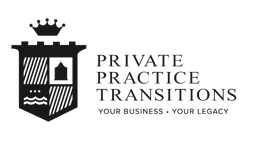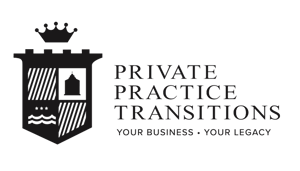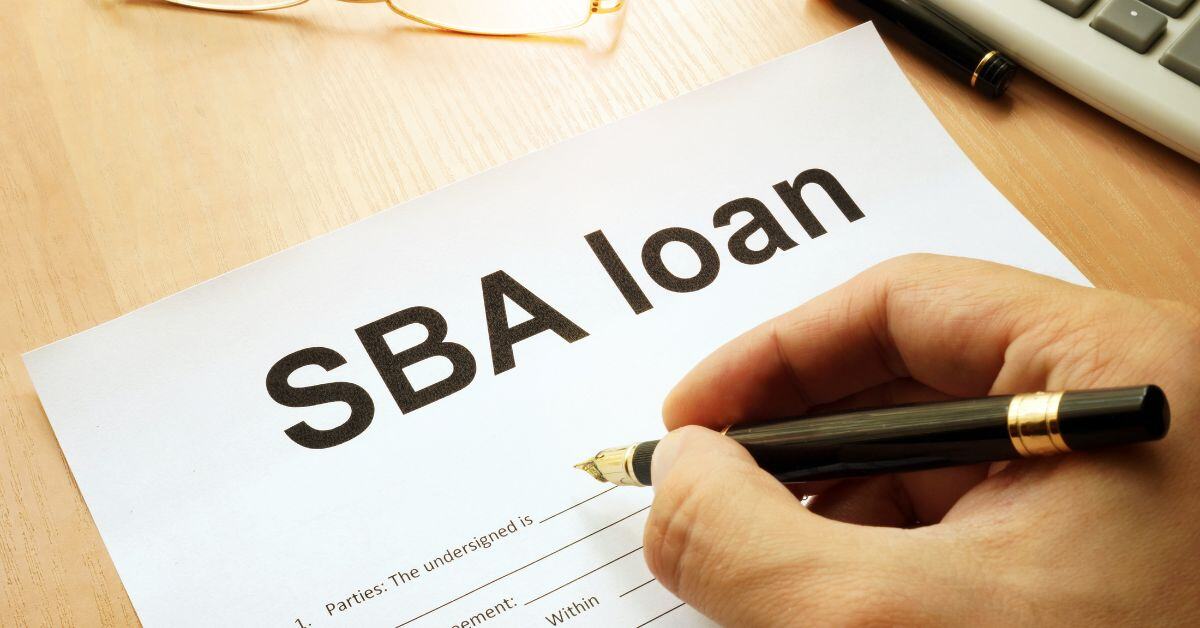Navigating the process of obtaining a Small Business Administration (SBA) loan can seem like a difficult task, especially when your goal is to quickly close the deal. Whether you’re looking to buy, sell, or grow a small private practice business, understanding how to quickly close a loan with the SBA is essential. Here are a few helpful tips on how to deal with the SBA and how to come out on top.
Understand the SBA Loan Requirements
Before applying for a SBA loan, you should familiarize yourself with their general requirements. Requirements can vary significantly depending on the type of SBA loan you’re seeking, but most share some common criteria.
These include a solid business plan, a good credit score, collateral, and a clear demonstration of the ability to repay the loan. Additionally, the SBA often requires businesses to fall within certain size standards, be based in the United States, and operate for profit.
Understanding these prerequisites can significantly streamline the application process by ensuring you have all the necessary documentation and meet all eligibility criteria before proceeding.
Have a Solid Business Plan
As we mentioned earlier, having a solid business plan is one of the most important things to have when applying for an SBA loan. Your plan should clearly articulate your vision, describe your products or services, identify your target market, and outline your marketing strategy.
You should also include a thorough financial section with projections, such as profit and loss forecasts, cash flow analysis, and a balance sheet. It may be beneficial to seek professional help in drafting your business plan to ensure that it meets the high standards expected by the SBA and other financial institutions.
Choose the Right SBA Loan Program
Selecting the appropriate SBA loan program is a critical step in the loan application process. The SBA offers various loan programs, each designed to support different aspects of business operations.
For example, the 7(a) loan program is versatile, covering general business expenses, while the 504 loan program is ideal for purchasing real estate and major fixed assets. Microloans, on the other hand, are perfect for start-ups and small-scale businesses in need of a smaller amount of capital.
When choosing the right SBA loan program, you should consider the specific needs of your business, such as the amount of funding required, the intended use of the funds, and the repayment terms that best suit your financial situation.
You should also review the eligibility requirements for each loan program, as they can vary. Conducting thorough research or consulting with a financial advisor or SBA-approved lender can help you identify the loan program that aligns best with your business objectives and financial needs.
Maintain Good Credit
Maintaining a good credit score is crucial when applying for a SBA loan. Lenders view your credit score as a metric of your reliability and financial health. A high credit score can significantly enhance your eligibility for an SBA loan, potentially resulting in more favorable loan terms and faster approval processes.
To maintain or improve your credit score, you should pay all your bills on time and try not to apply for new credit too quickly, as each application can temporarily lower your score. Also, check your credit report regularly for any inaccuracies and dispute them if necessary. If your credit score isn’t as high as you would like, focus on making consistent, on-time payments and reducing outstanding debts to gradually improve your score.
Effectively Communicate With Your Lender
If you’re looking to quickly close an SBA loan, few tools are more effective than solid communication. It facilitates a smoother transaction and can expedite the review and approval stages. From the very beginning, you should establish a clear line of communication with your lender. This involves being upfront about your business needs, the intended use of the loan, and any potential challenges you may face.
You should always respond promptly to requests for additional information or documentation. Delays in providing required materials can slow down the process considerably. Also, be proactive in seeking feedback and clarifications. Understanding your lender’s concerns or questions can help you address them more effectively, thereby reinforcing your commitment and enhancing your application’s credibility.
Schedule regular updates or check-ins with your lender. These interactions can provide valuable insights into your application’s status and any further steps you might need to take. Remember, building a rapport with your lender is essential. Demonstrating your professionalism, reliability, and dedication to your business’s success can positively influence the lender’s perception and decision-making process.
Consider a Broker’s Help
If you’re having trouble understanding the complexities of securing a SBA loan, partnering with an experienced broker can be beneficial. A broker understands the nuances of SBA loans and can guide you through the application process.
Their expertise allows them to match your specific business needs with the right loan program, potentially saving you a significant amount of time and effort. Brokers maintain relationships with a variety of lenders, and they can increase your chances of approval by connecting you with the most suitable financial institution for your situation.
Additionally, brokers are skilled in negotiating loan terms, ensuring that you receive the best possible deal. They can also assist with the preparation of necessary documentation, offering advice on how to best present your business to lenders.
While hiring a broker involves additional costs, the potential benefits, including a smoother application process, faster loan approval, and more favorable loan terms, can far outweigh these expenses. If you’re looking for a way to accelerate the loan acquisition process and enhance your chances of success, considering a broker’s help could be the right move for you and your loan.
Are you ready to elevate your professional journey by buying or selling an accounting business? Private Practice Transitions is here to guide you through the intricacies of navigating the buying and selling of small businesses. We have several services, including a wide range of accounting businesses for sale.
With our expertise and tailored approach, we ensure a smooth transition that aligns with your strategic goals. Don’t miss out on the opportunity to leverage our knowledge and resources. Contact us today to discuss how we can assist you in making your next big move a successful one.







